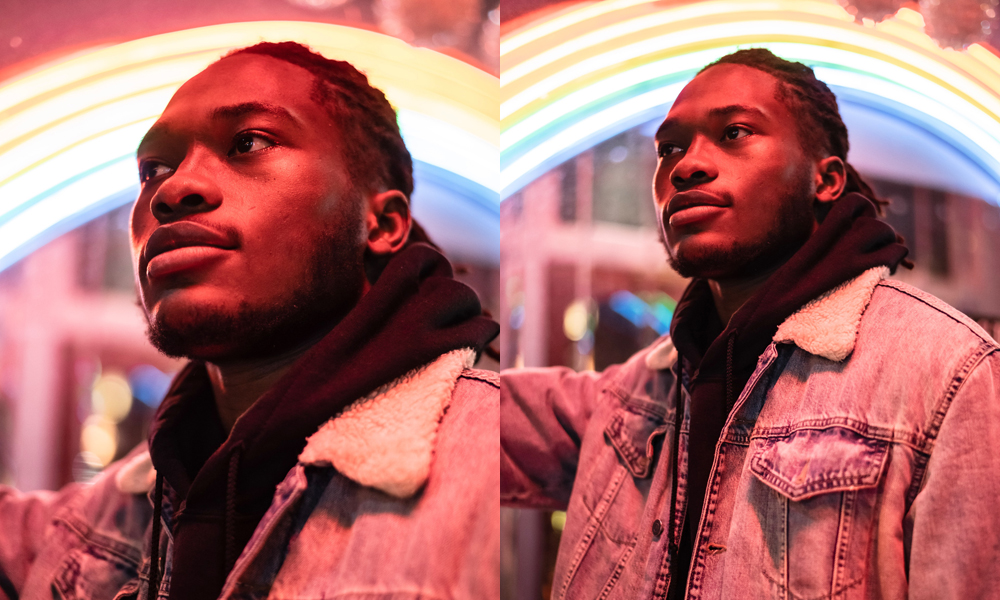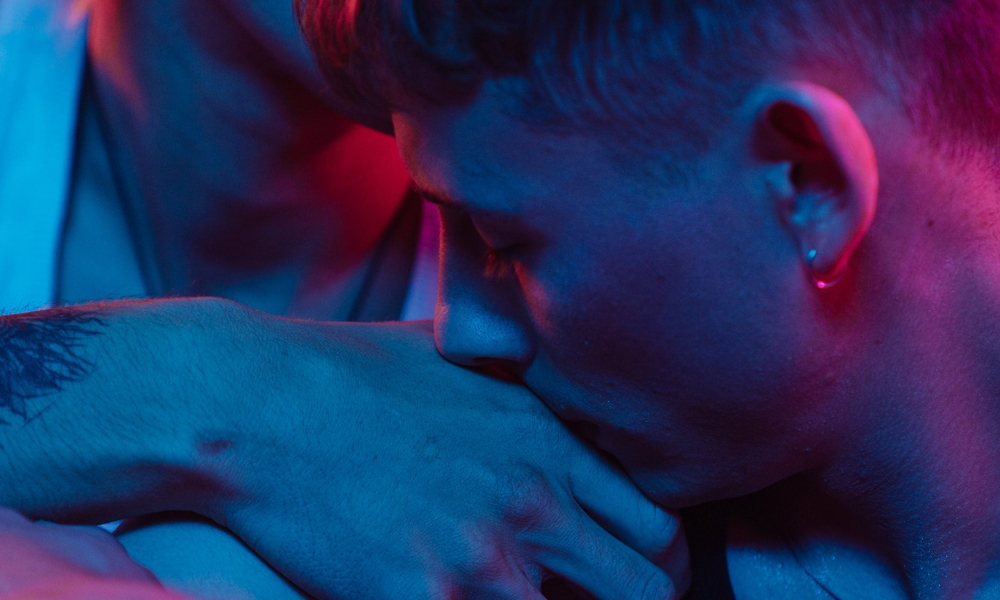When we shine our own light, we empower others to light up, too…
By Jumol Royes
Every time I listen to the song “This Little Light of Mine,” I can’t help but feel inspired.
I remember singing it during elementary school assemblies and feeling a sense of awe and wonder while picturing a bright light inside of me just bursting to get out. Being a lightworker wasn’t one of the options presented to me in terms of a career, but I’m pretty sure that’s what I wanted to be when I grew up.
The song would later help me navigate my way through dark seasons of depression and anxiety as an adult, like a lighthouse guiding me to safe harbour. It’s one of those tunes that has always stayed with me and still stirs something deep within my soul.
“This Little Light of Mine” is known to countless people around the world as a cherished children’s song. It’s also a spiritual that became popular in Black churches south of the border before being embraced by the US civil rights movement in the 1950s and ’60s, becoming better known as a “freedom song.”
Back then, it was sung by student activists at protests as police officers threatened to beat them with billy clubs. It was also used by counter-protesters in Charlottesville, Virginia, as recently as 2017 to drown out the anti-Semitic remarks and homophobic slurs being hurled at them by hate-filled white supremacists.
Whether it’s being sung joyfully and jubilantly by innocent schoolchildren, or by activists in defiance of systemic injustice and oppression, the song is a response to all the darkness in the world, and a call to action declaring that a little light can shine so brightly it’ll blind you.
Put simply, it’s the anthem of the lightworkers. But what does it mean to be a lightworker?
A lightworker is someone who feels called to transmute darkness into light and who devotes their life to being a bright light in the world. They’re typically philosophical; spiritual, rather than religious; and highly intuitive, with an almost psychic ability to pick up on what other people are thinking or feeling.
They tend to be ‘old souls’ who are extremely sensitive to other people’s emotions, possess an aptitude for self-awareness, are committed to personal and collective transformation and have a deep desire to help others.
Another good predictor for being a lightworker is someone who has overcome obstacles and encountered traumatic events early on in life, and then has used those experiences as opportunities for deeper awareness and healing.
As the celebrated Sufi poet Rumi once said, “The wound is the place where the light enters you.”
We all know of or have heard stories about people like this. Former professional hockey player Brock McGillis comes to mind. He spent years living in denial because he was gay and is now an outspoken advocate for the LGBTQ2+ community, travelling across Canada speaking to schools, sports teams and organizations about inclusivity.
Lightworkers transform their pain into their purpose.
I wrote an article when I was 10 years old that was published in the country’s largest daily newspaper. I cut it out and wrote on the back, “When I grow up, I want to be a journalist,” before filing it away in a drawer and forgetting about it.
Then fate intervened, and I happened to catch an interview recently with Nobel Peace Prize winner and Filipino journalist Maria Ressa, who is risking life in prison while fighting for press freedom. In it, she said, “[As] journalists, we shine the light.”
And it all clicked for me.
I may not have had the language when I was young to articulate that I felt called to be a lightworker, but I must have intuitively known that journalists are lightworkers, shining a light on truth.
I eventually found my way back to journalism and now write about themes like compassion, community, identity and belonging. Through my storytelling, I endeavour to shine a light on the stories and lived experiences of equity-deserving communities – specifically Black and LGBTQ2+ folks – so that we feel seen, heard and understood, and know that we matter.
The beautiful thing about illuminating our own light is that it empowers others to light up, too.
This little light of mine. Let it shine, let it shine, let it shine.
—
JUMOL ROYES is IN Magazine’s director of communications and community engagement, a GTA-based storyteller and glass-half-full kinda guy. He writes about compassion, community, identity and belonging. His guilty pleasure is watching the Real Housewives. Follow him on Instagram @jumolroyes.






POST A COMMENT